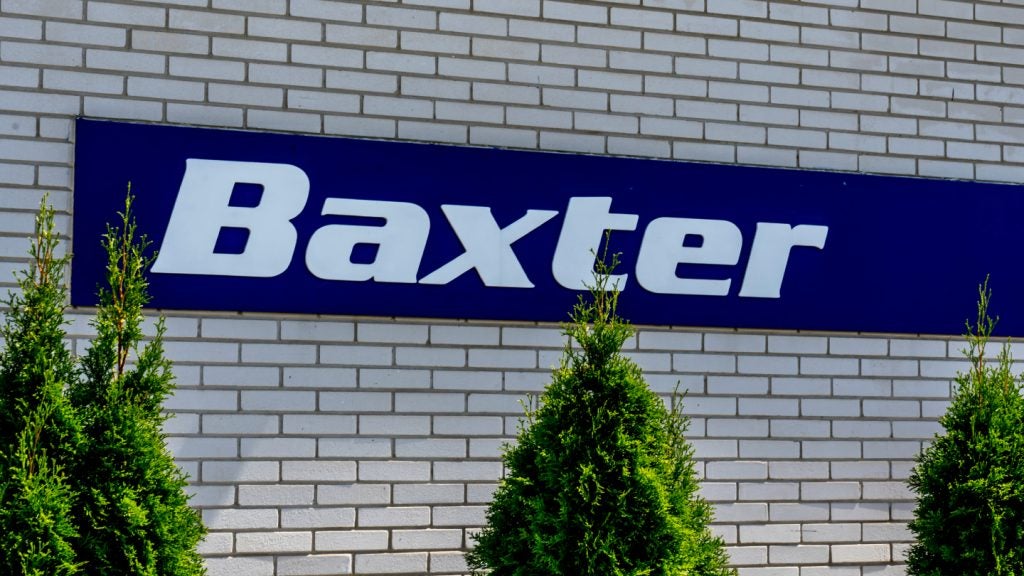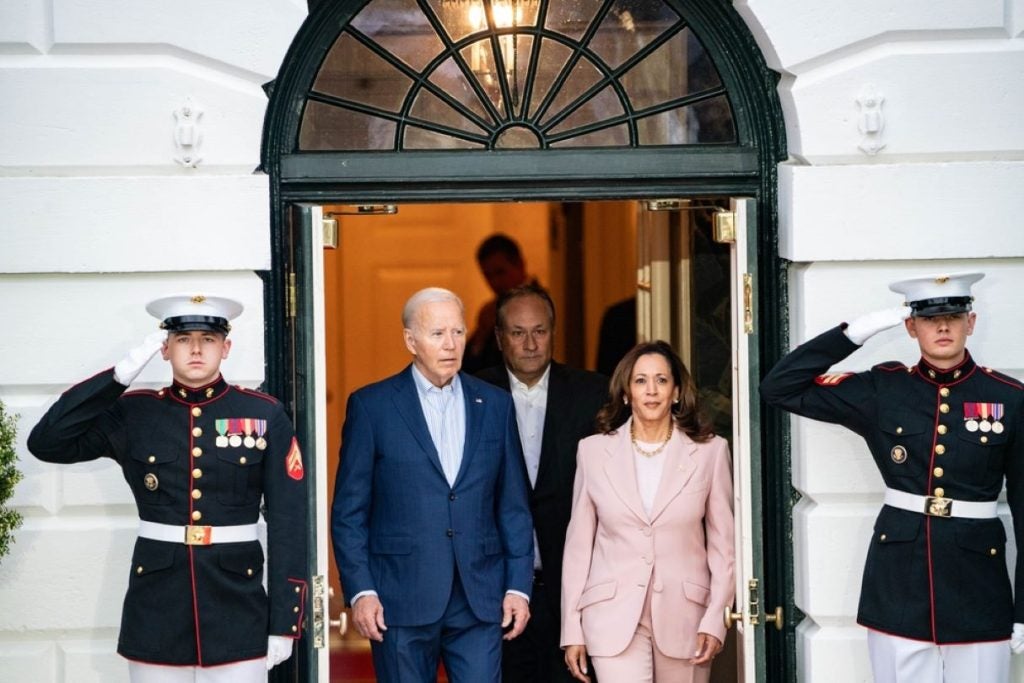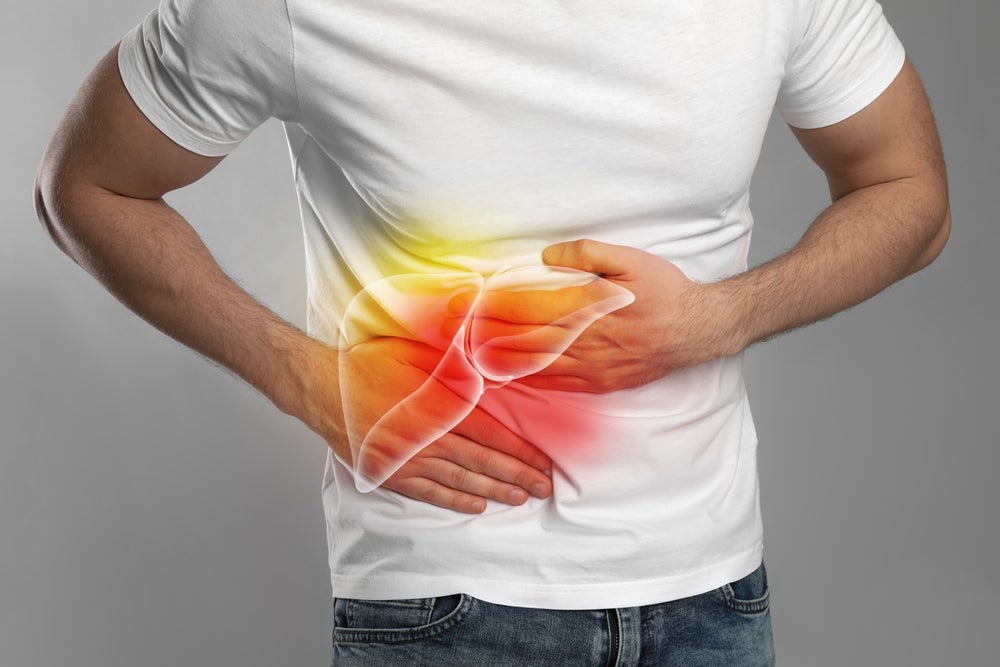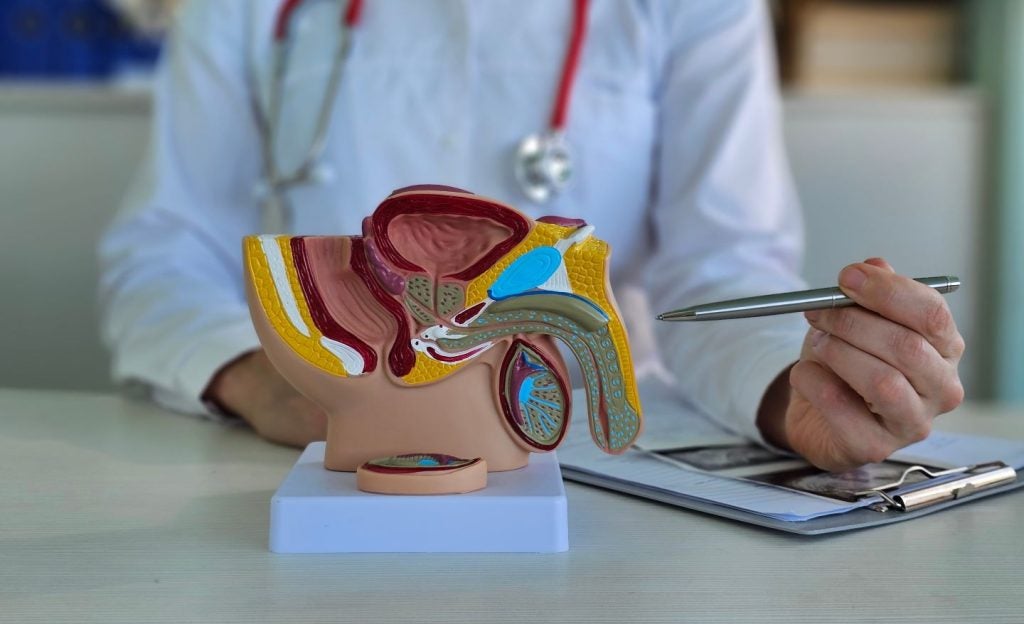Syros Pharmaceuticals has discontinued enrolment in the Phase II SELECT-AML-1 trial evaluating its cancer therapy, tamibarotene, after a futility analysis found that the study had a “low” likelihood of success.
Following the news, the US-based company’s stock took a nosedive and was down by more than 62% in premarket trading on 13 August, compared to the market close on the previous day.
This is a sharp contrast to December when its stock assumed an upward trajectory after Syros shared initial positive data from the Phase II SELECT-AML-1 trial. At its peak, the company’s stock was worth over $7.79 and is currently worth $1.83 in premarket today. Syros’s current market cap is $134.3m.
The futility analysis was conducted on the data from the first 40 randomised patients enrolled in the Phase II trial (NCT04905407). The study evaluated the triplet therapy of tamibarotene in combination with AbbVie’s Venclyxto (venetoclax) and azacitidine versus the double treatment of Venclyxto and azacitidine.
The data showed that the complete response (CR)/complete response with incomplete haematologic recovery (CRi) rates observed across both arms were similar, 65% and 70% in the triplet and doublet arms, respectively. The analysis then concluded that the final analysis of 80 randomised patients had a “low probability of success”.
Tamibarotene is a specific agonist for retinoic acid receptor alpha/beta with possible binding to retinoid X receptors (RXR). The RXR receptors regulate the transcription of signalling pathways that impact numerous hallmarks of cancer by controlling both inflammation and immune responses that modulate the tumour microenvironment.
Syros was adamant that the company was not ditching the cancer therapy completely. The company stated that it will continue to evaluate tamibarotene in patients with higher-risk myelodysplastic syndromes (HR-MDS).
The Phase III SELECT-MDS-1 trial (NCT04797780) is evaluating tamibarotene in combination with azacitidine. The study passed a prespecified futility analysis in Q1, with pivotal complete response data expected in Q4 this year.















